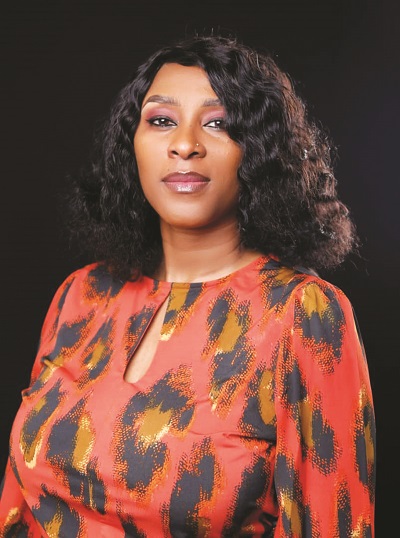Despite high rates of HIV infection among women globally, the number of female condoms distributed accounts for only 1.6 percent of total condom distribution. As we commemorate International Condoms Day, marked on 13th February every year, a day dedicated to promoting the use of condoms as a safer sex practice, this statistic underscores the need to initiate a pivotal discussion surrounding the acceptability and usage of female condoms.
Termed internal condoms, female condoms present a distinct advantage – control. Unlike their male counterparts, which are worn by partners, female condoms empower women by placing the responsibility for safeguarding sexual health directly in their hands. This goes beyond mere convenience; it’s about empowerment.
Biology, gender roles, sexual norms, and disparities in resources place women at a higher risk of infection. Many lack sexual health knowledge and the power to protect themselves. However, educating women on the use of female condoms empowers them to safeguard against infections and negotiate condom use or safer sex with their partners.
However, the merits extend well beyond control. Research indicates that female condoms are highly effective in preventing pregnancy, boasting a 95% efficacy rate, comparable to male condoms (87%). They also provide significant protection against sexually transmitted infections (STIs) including HIV, chlamydia, and gonorrhea. A review revealed that female condoms can reduce HIV transmission by as much as 94 percent when used correctly with every intercourse, compared to the 90% efficacy rate for the male condom.
Common concerns about inconvenience or unfamiliarity often hinder widespread adoption. Yet, female condoms are remarkably adaptable. They can be inserted hours before sexual activity, eliminating the need for interruptions. Furthermore, with practice, insertion becomes more manageable and quicker.
Access to female condoms presents another notable challenge due to their limited availability outside specific channels. While non-governmental organizations (NGOs) and select government facilities offer them, their presence in mainstream outlets like pharmacies, shops, and supermarkets remains scarce.
The government can enhance accessibility to female condoms by integrating them into existing sexual health education programs, providing free or low-cost distribution, and conducting targeted awareness campaigns to reduce stigma. Inclusion in national procurement policies will promote their availability and influence usage.
It’s crucial to recognize that female condoms may not be the preferred choice for every encounter. However, promoting their acceptability does not undermine existing methods. Instead, it introduces a powerful supplementary option that caters to individual preferences and diverse sexual experiences.
In essence, advocating for increased availability and accessibility of female condoms is about expanding the spectrum of female-controlled protection. It’s a movement for empowerment, informed choices, and the pursuit of safer, healthier sexual lives for all.
By Oluwakemi Gbadamosi, the Director of Advocacy, Policy & Marketing at the Africa Bureau of the AIDS Healthcare Foundation.
AIDS Healthcare Foundation (AHF) is a global non-profit organization providing cutting-edge medicine and advocacy to over 1.9 million people in 45 countries worldwide in the US, Africa, Latin America/Caribbean, the Asia/Pacific Region and Europe. We are currently the largest non-profit provider of HIV/AIDS medical care in the world. To learn more about AHF, please visit our website: www.aidshealth.org, find us on Facebook: www.facebook.com/aidshealth and follow us on Twitter: @aidshealthcare and Instagram: @aidshealthcare
Ms. Oluwakemi Gbadamosi is a lawyer, advocacy and policy strategist, and communications professional specializing in the fields of gender, education, and international development. She currently holds the position of Director of Advocacy, Policy & Marketing at the Africa Bureau of the AIDS Healthcare Foundation. Her primary areas of focus include gender programming and policy, access to education for girls, and HIV/AIDS. Ms. Gbadamosi is also a recipient of the UK FCDO Chevening Scholarship and has delivered talks as a TEDx speaker.


